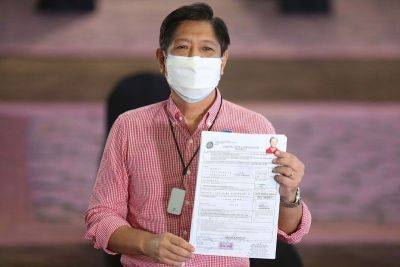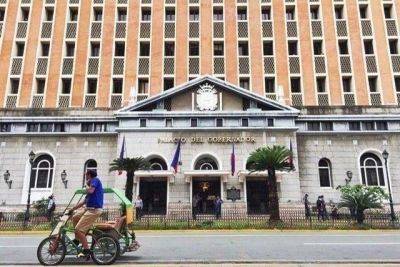Headless DA no more: Issues in agriculture that Marcos leaves behind
MANILA, Philippines — President Ferdinand “Bongbong” Marcos Jr. on Friday decided to relinquish his 17-month hold on the post of agricultural secretary, handpicking fishing tycoon and top campaign donor Francisco Laurel Jr. to replace him.
In appointing Laurel, Marcos finally selects a full-time head of the Department of Agriculture (DA) — a position that he earlier insisted on keeping until “systems are in place” to “guarantee the food supply of the Philippines, that the prices are affordable, and that our farmers make a good living.”
At the time, the president said that people “will just have to put up” with him as DA chief until then.
In the nearly one-and-a-half years that the president kept the post — a move that farmers groups and minority lawmakers repeatedly criticized — what kind of DA is he passing on to the Cabinet latecomer? What issues in the agricultural sector will demand the new agricultural chief’s immediate attention?
Marcos justified his decision to appoint himself as agriculture secretary days into his presidency in June 2022 by saying that "things (need) to move quickly because the events of the global economy are moving very quickly." The president also said that he is managing the DA directly to give "urgent attention" to the sector.
A year and a half later, his successor is entering the DA as prices of basic goods and services, including agricultural products, are surging.
Inflation rose to 6.1% in September — higher than the 5.3% recorded in August — which the Philippine Statistics Authority said is driven partly by skyrocketing food prices.
Around 34 to 39% of Filipino families rate themselves as "food poor" — or poor based on the quality of the food that they eat — based on several surveys conducted by the Social Weather Stations starting late 2022.
Meanwhile, a separate survey conducted by Pulse Asia in September found that even as most Filipinos spent more on food in the last three months, over half said they consumed less food in the same period, indicating belt-tightening behaviors in response to the spike in food prices.
The price of rice, a household staple, skyrocketed to a 14-year-high in September, defying the rice price cap







